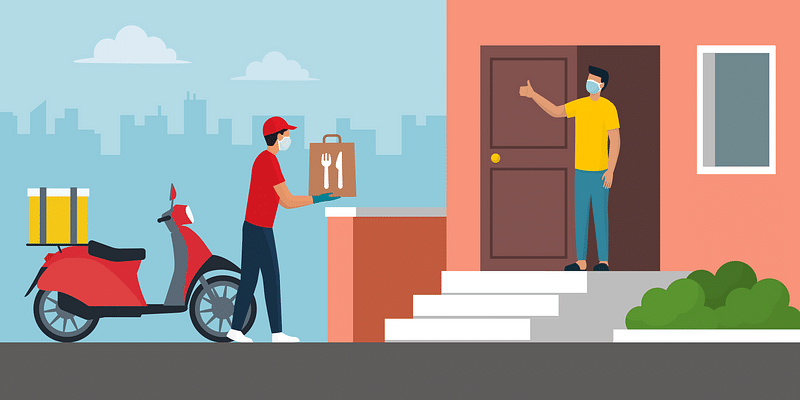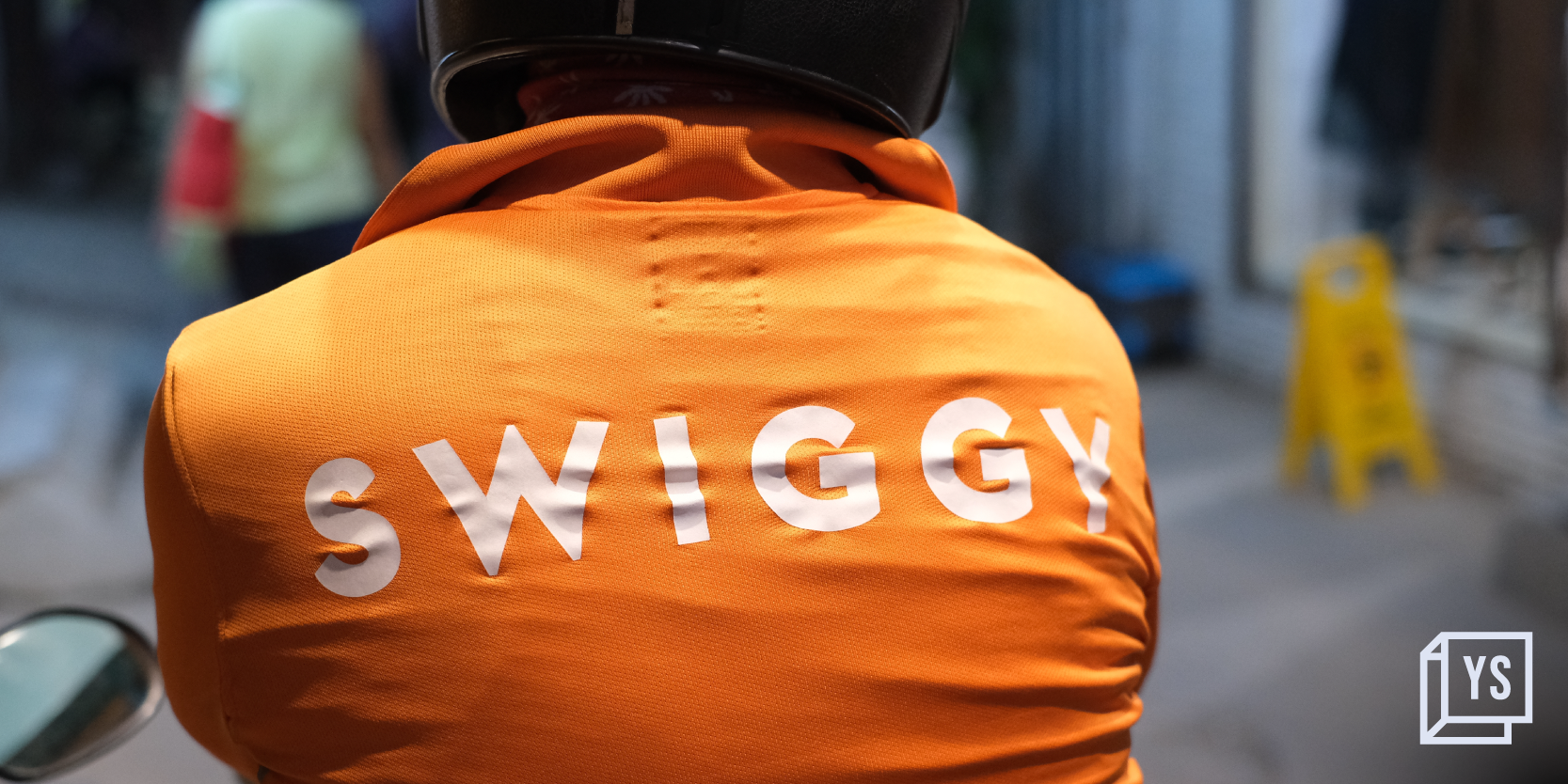Coping Mechanisms for Entrepreneurs [Article 2]

This article is the second in the series of 20 articles by Santosh Sharma.
In my last article, ‘Tipping point for entrepreneurship’, I discussed an idea is not enough for successful entrepreneurship. An idea should meet right resources and action at the opportune time to actually translate into an enterprise that is sustainable, inclusive and intelligent.
Now, let’s have a deeper look at the resources that will convert the idea into action. Many of us limit our understanding of resources defining it narrowly. We usually mistake them as hard resources only like manpower, money, technology etc. We tend to miss the soft resources like the strategies, coping mechanisms, leadership qualities etc. and I firmly believe the soft resources are more important than the hard ones. If the soft resources are in place and acting the hard resources will fall in place, but it does not usually work the other way around.
This article is dedicated to coping mechanisms and the role it plays in our entrepreneurial journey. If we define entrepreneurs from the risk-appetite angle, I would define them as “shock absorbers”. Of course entrepreneurs are exposed to tight and tricky situations day in and day out - external shocks like competitive moves, economic swings, industry dynamics and internal shocks like emotional pulls, stress assault, anxiety levels. Those who absorb these shocks better have an edge over the others.
The deeper and stronger is your desire to have a particular outcome, the lower become your coping mechanisms and vice versa. It is because when we crave, we are hooked to our mental boxes and if the situations don’t turn in the desired way there is anxiety and turmoil within. This is because of the mismatch between what we want and what is and this limits or pollutes all our decisions and actions. But most of us have been doing just this - simply craving from our mental boxes.
You saw Sachin Tendulkar falling abnormally from the 99th to the 100th ton. Do you feel a man who has hit 99 centuries lacked skills? Of course not! He lacked the coping mechanism at that point in time, may be for n number of reasons and this lead to the problem. It’s the same with us.
Coping mechanisms are tested when we are in the midst of real tight situations, when there is loss, conflict, insecurity and so on. This is the time when you become fragile. And this pours or reflects in whatever you do. This is one of the reasons most of the enterprises fail to survive the first year itself. And those who survive this onslaught are in a better position to face the rest of the journey. Coping mechanisms separates life and death.
Live every moment, cope up and you will succeed.
An IBM study shows that our coping mechanisms are continuously on the decline. This is leading to early burn outs, quitting and frustrated decisions.
When our coping mechanism fails, it leads to a whirlpool of mistakes, one leading to the other and we drown in it. I have seen some enterprises failing but also others who swam out and are therefore in a better position to manage the ups and downs or twists and turns of the journey.
A good ecosystem or a good mentor may absorb some of the shocks but to really succeed you need to be the shock absorber yourself.
Certainly, the pressures and challenges are not going to go down in life and work. If you have to survive you can think out of the box and “stretch” to meet the challenges but if you have to “lead” you must “dissolve the boxes” holding you back.
When you are mentally boxed you try to control situations when actually you should be a designer, designing your way out. These two are very different in their intelligence. When you try to control the situation, the situation is dominant on you. But when you design your way out, you don’t resist the situation, you accept it first and then design a way out. Now you guide the situation. Simply thinking out of the box is not enough as the mental boxes still remain your reference point. Dissolve it and you will manage the situations better. Now your coping mechanisms tend towards infinity.
I have seen many entrepreneurs, failing in this test and this has become their biggest obstacle in their journey and not the lack of hard resources which many of them label because of their ignorance, limited understanding and the habit to site excuses by putting the blame outside. They can actually handle much more than what they do now. Don’t think out of the box and simply stretch yourself. Like elastic it will break after a certain extent. Dissolve the boxes and don’t abuse yourself anymore. You are much more intelligent than what you think yourself to be. Increase your coping mechanisms naturally, by dissolving your boxes to lead the hot, crowded and dynamic flat world.
We’ll deal how to “dissolve the boxes” in detail in the 9th article.






![Coping Mechanisms for Entrepreneurs [Article 2]](https://images.yourstory.com/cs/wordpress/2012/04/entp_course.jpg?mode=crop&crop=faces&ar=2:1?width=3840&q=75)


![[Funding alert] Venture Catalysts invests in wellness startup Green Cure](https://images.yourstory.com/cs/2/70651a302d6d11e9aa979329348d4c3e/Imagey8ho-1594190613192.jpg)

![[Startup Bharat] Y Combinator-backed BeWell Digital is enabling the digital transformation of radiologists](https://images.yourstory.com/cs/2/40d66ae0f37111eb854989d40ab39087/ImagesFrames31-1648033042143.png)